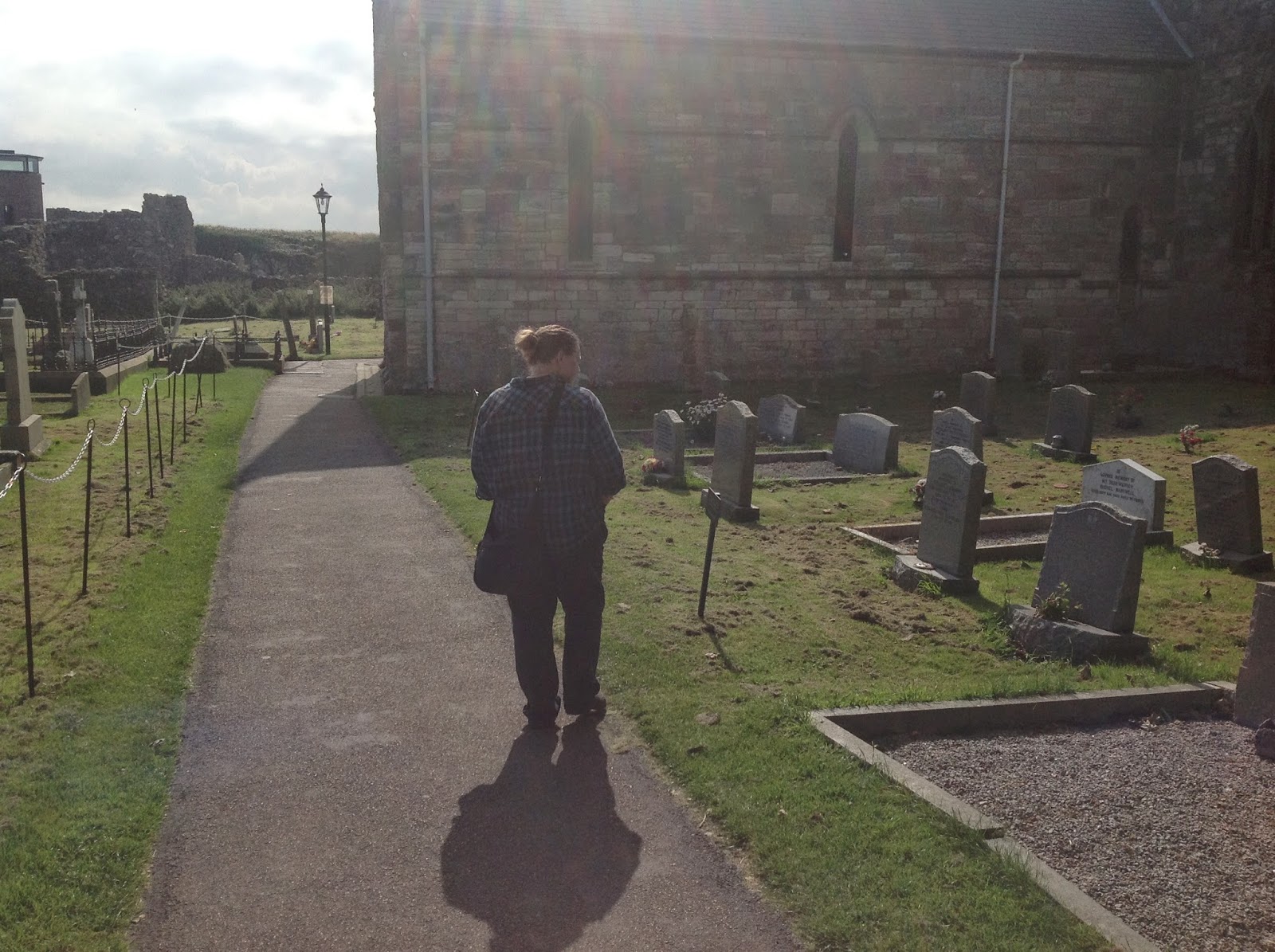June 29, 2010. At St. Augustine’s House
In a monastery library I chanced upon a long-neglected
volume and found the author’s name vaguely familiar: Mary Ellen Chase. Why did
that name ring a bell? I opened the book, Psalms
for the Common Reader, and then remembered that this was the name of a
colleague of my father’s, with whom he had co-edited/authored a college
textbook back in the 1950’s. Could this be the same person? A glance at the
first few pages confirmed that it was, and my eyes fell upon a quotation from
the early Greek philosopher Heraclitus: “God is winter and summer, war and
peace, light and darkness, bread and hunger.”
Mildly intrigued by the coincidence, I returned the volume
to the shelf and, a minute later, picked up another that seemed to hold more
promise, Raids on the Unspeakable, a
book of poems and essays by Thomas Merton. Opening it, I encountered a poem
entitled “The Heraclitean River”, and read these words:
“As for the technological Platos who think they now
run the world we live in, they imagine they can tempt us with banalities and
abstractions. But we can elude them merely by stepping into the Herclitean
river, which is never crossed twice…When the poet steps into that ever-moving
river, poetry itself is born out of the flashing water. In that unique instant,
the truth is manifest to all who are able to receive it. No one can come near
the river unless he walks on his own feet. He cannot come there carried in a
vehicle. No one can enter the river wearing the garments of public and collective
ideas. He must feel the water on his skin. He must know that immediacy is for
naked minds only, and for the innocent… Come dervishes: here is the water of
life. Dance in it.”
I find myself wondering if Mary Ellen Chase had been
familiar with Thomas Merton’s writings. As I often do, I presented these
thoughts to my father for his commentary, and then felt us all- Dad, Professor
Chase, Thomas Merton, and myself- all wading into the current of a prodigious
river, all making our way through the shallows toward an unseen shore. Around
us were protruding rocks, like the twelve stones placed in the Jordan at Joshua’s
command, objects for the water to come up against and flow around, places for
encounter, consciousness, and commentary, places to lean against and feel the
water and its power.
(Are these thoughts at all significant, noteworthy, intelligible?
Or are they random and flakey, the ringing in the ears of an aging man who
misses his Dad, his sons, his own “youthful mind?”)
A voice emerges from within: “Jonathan, your mind has never
been more alive and alert than at this moment. Go ahead and lament the lost
moments and the lost loves. Lose yourself in the current’s flow. Join them all
in the river with the philosopher’s coincidental
name.”
Come dervishes: here is
the water of life. Dance in it.




